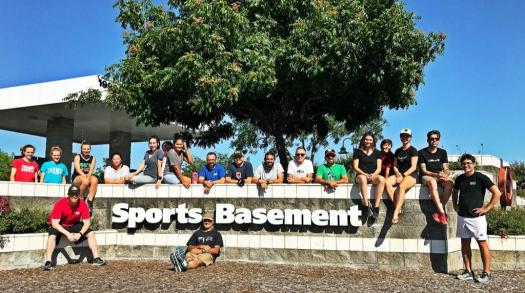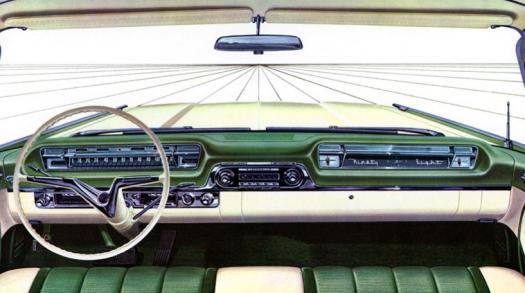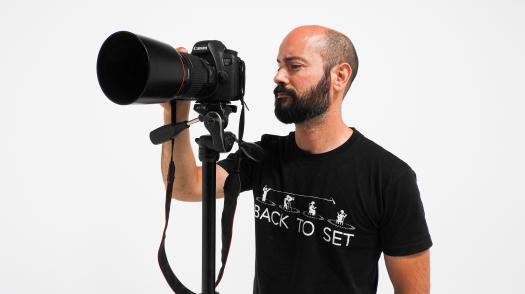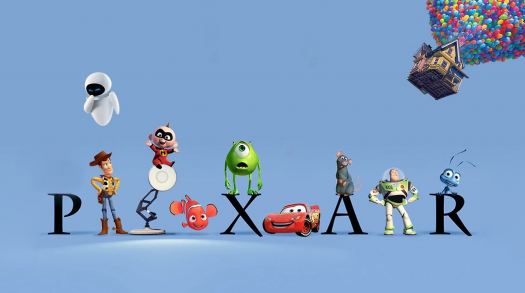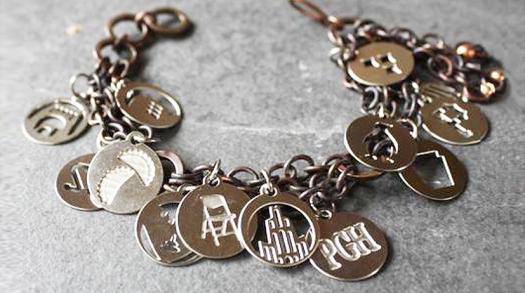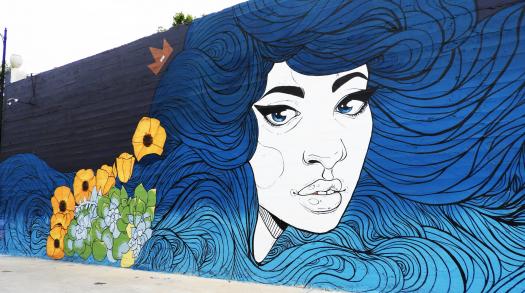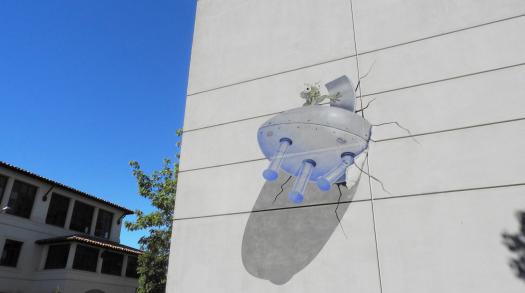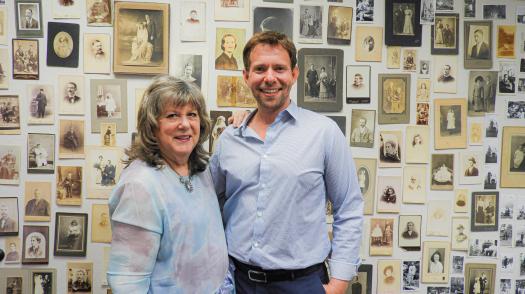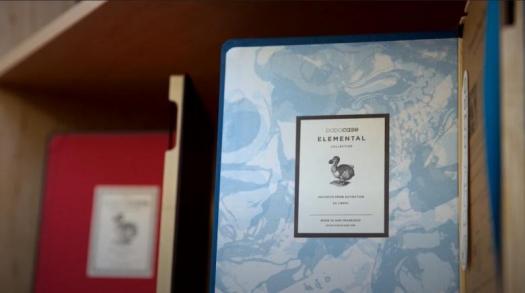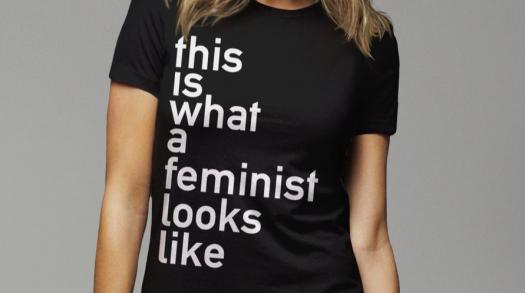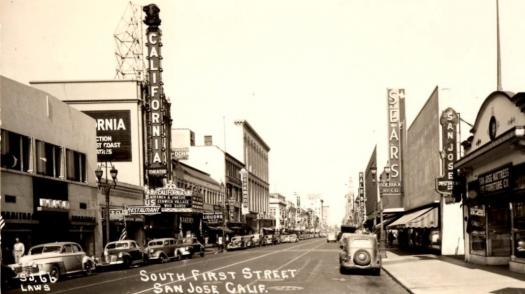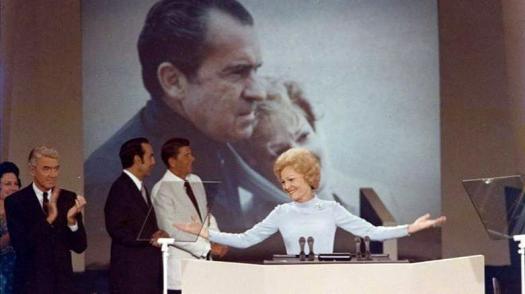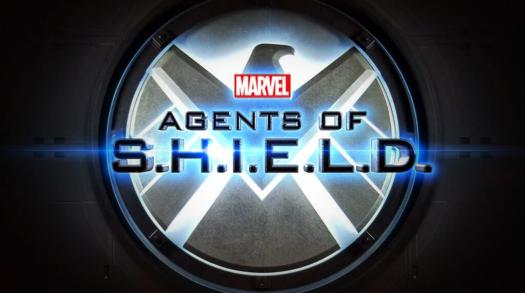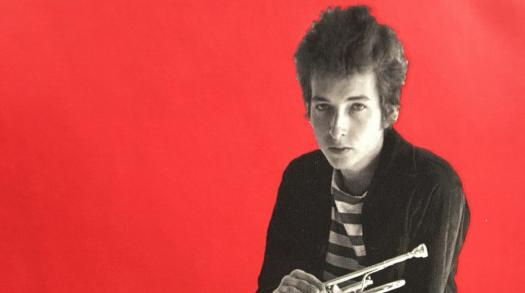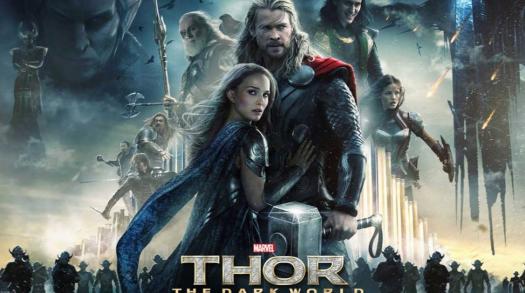15 Years Later - The College Dropout in Retrospect
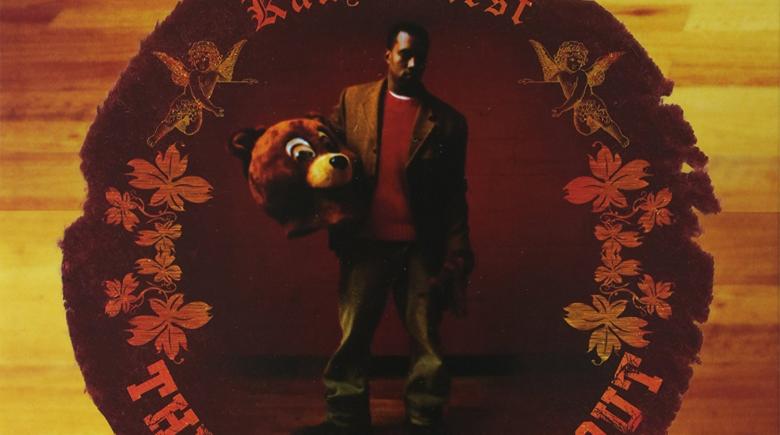
On February 10, 2004, volatile personality Kanye West would explode onto the music scene, becoming a household name with the release of his debut album The College Dropout. Though Kanye had found significant success behind the scenes producing instrumentals for hip-hop heavy hitters like Jay-Z, the ambitious 26 year old sought to catapult himself into the limelight as a vocalist, and prove himself capable not just as a stellar music producer, but also as a rapper and lyricist. Today, the album is seen as a classic and one of the greatest debuts of all time--but does it truly stand the test of time, and does it really deserve its reputation?
In the same sense that Kanye sought to bridge the two components of hip-hop, The College Dropout itself feels like transition objectified. The project is filled to the brim with what would become a signature staple of Kanye's production: heavy sampling of earlier soul music and a lush Gospel sound permeate every nook and cranny of the record, juxtaposed with heavy drum claps sampled from kits heavily rooted in earlier hip-hop sounds, taking cues from the likes of J Dilla and Dr. Dre. Kanye's sound immediately stood out from the rest of the pack in its overwhelming use of the human voice, replacing piano melodies with distorted vocals from the likes of Curtis Mayfield or local choirs, seamlessly weaving in a rich chorus as the extravagant harmony throughout many of his tracks--a sonic motif that would continue to frequently reappear throughout Kanye's discography, such as within his 2018 track "No Mistakes". Of course, this doesn't mean Kanye had already perfected his sound--far from it. Despite the freshness of the album at the time, it already feels dated at numerous points throughout the project, stemming largely from his repetitive sounding drum kits and over-reliance on sampling techniques, a practice that would become commonplace quickly after The College Dropout. Fun fact: Its a distinct possibility that hip hop moved toward the repetitive usage of the signature 808 hi-hats since cellphone speakers, which were becoming more commonplace, couldn't play bass particularly well--another component of Kanye's instrumentation that both made it fresh when compared to its contemporaries as well as annoyingly borderline out of style today.
As for Kanye's attempt to be respected as an MC, his lyrics, too, brought something new to the table. While Kanye was a relative newcomer in terms of rapping, he had already worked with many household names and was signed to a major label. In spite of this, Kanye chose to collaborate mostly with underground legends such as Talib Kweli and relative unknowns such as Consequence. While gangsta rapper 50 Cent dominated the previous year, Kanye West tackled an entirely different plethora of subject matter, generating mass appeal through the diverse yet grounded topics Kanye filtered through his own unique lens of angst and bravado. Whether it's "Jesus Walk"'s surprising Gospel theme, his attempts to reconcile materialistic bars with political and social consciousness on "Breathe In Breathe Out" and "All Falls Down", his painting of impoverished black life in Chicago on "Spaceship", or a smooth serenade with Jamie Foxx on "Slow Jamz", the burgeoning rapper managed to capture the attention of any listener with a degree of authenticity that stripped away any possibility of an artificial, commercialized veneer.
Before Kanye was launched into the spotlight, subsequently developing his image as a bombastic celebrity (though admittedly he remains markedly introspective, such as on his most recent project, Ye), College Dropout embodied a remarkably relatable body of work, and levied a barrage of criticism at contemporary society that remain as relevant as ever--frustration with the image of the absent father, frustration toward financial irresponsibility and materialism among those who seek to flaunt money rather than save it (while needlessly endorsing those that seek to exploit these people), and the black history and experience within America.
While The College Dropout's sound isn't perfect, it remains a classic for serving as the launching point of Kanye West's artistry without the ideological flaws, and introducing a fresh sonic aesthetic into popular music that would go on to create a new wave--a key example of how Kanye's production tastes heralded the future of music (as with his at the time polarizing 808s and Heartbreaks, which would go on to spawn the likes of superstar Drake). A great listen for Kanye stans and critics alike, The College Dropout remains one of hip-hop's milestone albums, embodying not only many elements of modern music, but the image of the underdog; a young producer criticized for attempting to create his own songs instead of selling his beats to others, and who released his first song rapping through a jaw wired shut in the wake of a car crash, Kanye remains as bold and willful as ever, for better or for worse.

















